When you marry into farming, life can take many unexpected turns. For Robyn Verrall, moving to Caloundra Station in the Upper South East of South Australia came with the shock of only having an income once a year! So, she set out to create an income for herself.
By promoting her husband’s animal welfare and best farming practices, she managed to start a direct paddock to plate business called ‘Bully’s Meats’. More than that – she’s turned her focus to helping others, with a mission to improve food insecurity in regional communities.
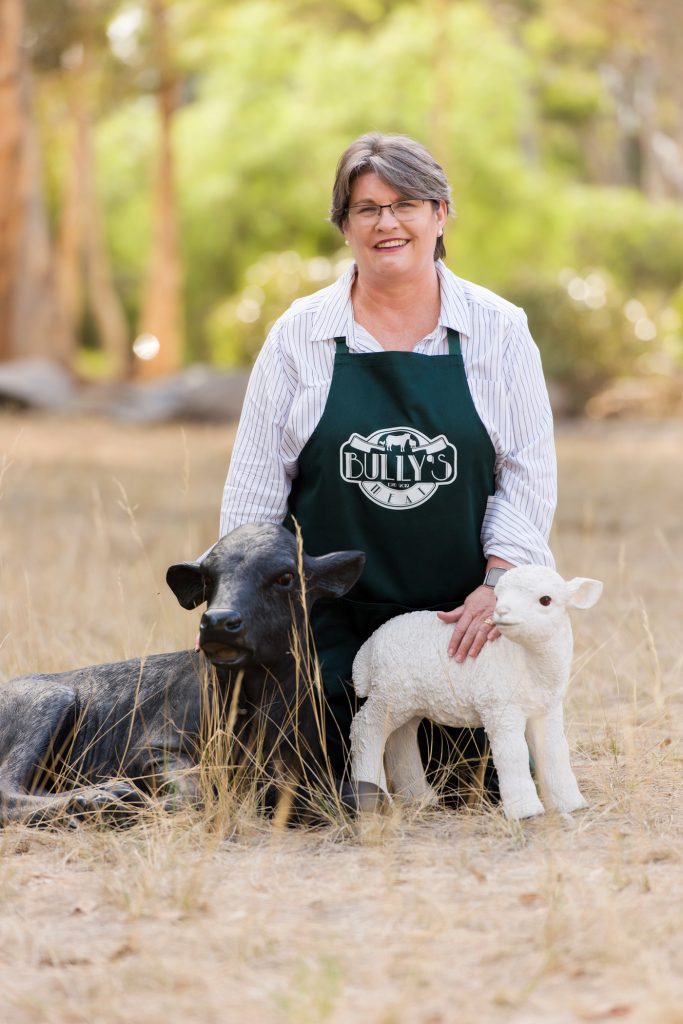
Robyn ended up on the land after organising a 20-year high-school reunion where she reconnected with a former fellow student, who is now her husband. “He started following me around again,” she laughs.
Finding a place on the farm
“Because he used to follow me around at school and we’ve been together ever since, 20 years now.” It wasn’t until two years after the wedding that she gave up her medical sales representative career and moved to the farm full-time.
“I came to the farm and went – what do you mean we only get paid once a year?” Robyn exclaims.
That’s probably where my desire to make my own income from the farm stems from. A desire to pay my way and put my daughter through school and put food on the table.
Robyn set about finding a place on the farm that worked for her, launching Bully’s Meats, a direct-to-consumer business. Robyn says many of their animals were carrying a bit too much fat, which meant they were classed as ‘out of specification’.
“If you sell them commercially, they take money off you. So, I started selling them to family and friends. Then, I needed a business name. My husband’s last name is Bullen. At school, he was known as either ‘Bully’ or ‘Mad Dog’. It was an easy decision,” she laughs.
Growing the client base
Robyn went from selling to her immediate circle to now supplying a wide-ranging clientele. Right from the beginning in 2012, there was always another element to Robyn’s work and that was making sure that people who can’t afford food, don’t go hungry. It comes from Robyn’s own experience as a single mother in her 20s who became acutely aware of food insecurity.
“Even though I had a very secure job, there were times spaghetti bolognaise 10 nights in a row wasn’t unusual. That leads you to identifying your pride. I came from a great, loving, supportive family. Even now, when I tell this story, they are quite shocked that I felt I couldn’t reach out,” Robyn shares.
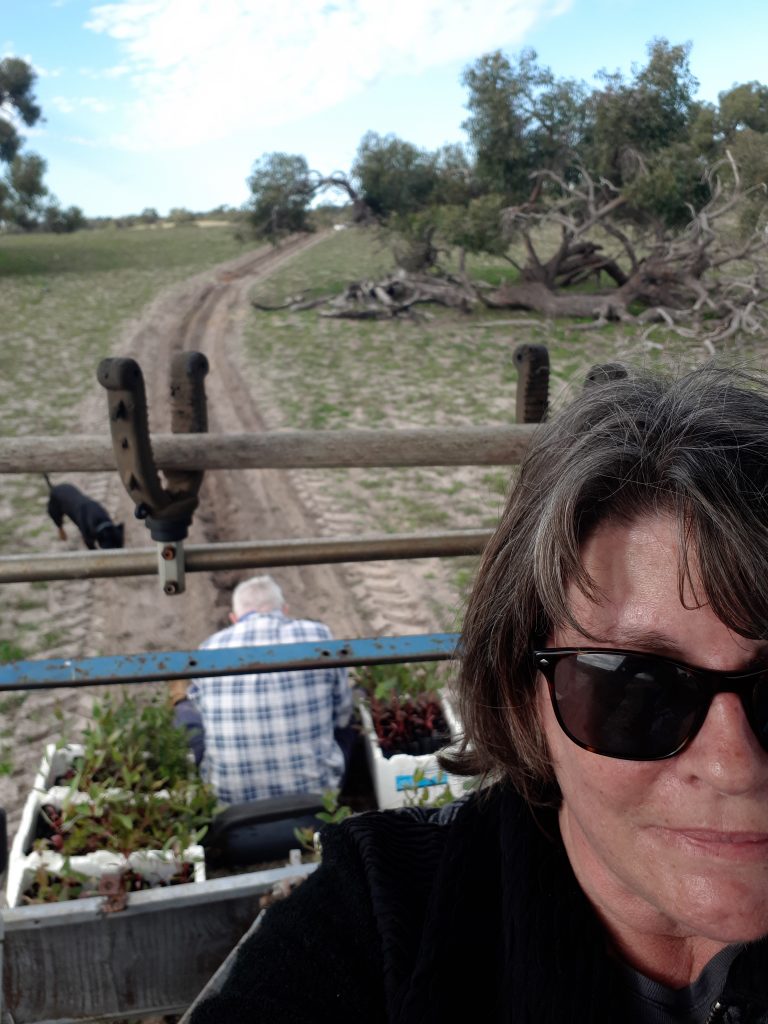
During that time, there were no services Robyn could ask for help. “That’s probably where my desire to make my own income from the farm stems from. A desire to pay my way and put my daughter through school and put food on the table,” she explains.
Supporting Indigenous communities
Robyn has seen there is still a great need for support in regional Australia, especially in Indigenous communities. She shares a story of seeing minced meat in some of these regions for up to $70 for 500 grams. That’s how she came to found ‘Kere to Country’, an Aboriginal owned and operated food supply company based in Alice Springs, which sends quality meat packs to Aboriginal people in remote communities. ‘Kere’ means food from animals. It’s the first of its kind in Australia and something of which Robyn is immensely proud.
“We know we’re changing hearts. We know we’re changing health. I’ve been invited out onto Community, which is a rarity for a business outside a First Nations’ business. It’s very emotional for me to know we are making that difference.”
This work lead to Robyn being announced as South Australian Rural Woman of the Year 2022.
We’re such a rich nation. We should be able to do things a bit better.
“We’re hoping this is part of the solution to a really big problem. When you look at 70% of First Nations people are food insecure in this country, 22% of those are children. We’re such a rich nation. We should be able to do things a bit better. If this just changes 1 or 10 people’s lives, I know that I’m on the right track,” she explains.
“It’s not only changed how I see food insecurity. It’s changed how I see myself. When I’m home on the farm, I know that’s my purpose in life.”
Learning new skills
Robyn is equally impressive on the land. She’s taught herself how to drive tractors and operate all the necessary machinery but it’s working with animals that she finds most rewarding.
“I go to every slaughter to make sure the animals are respected in death as they are in life,” she says. Robyn says not coming from a rural background means she was able to completely fall in love with what farmers do and has so much respect for the profession.
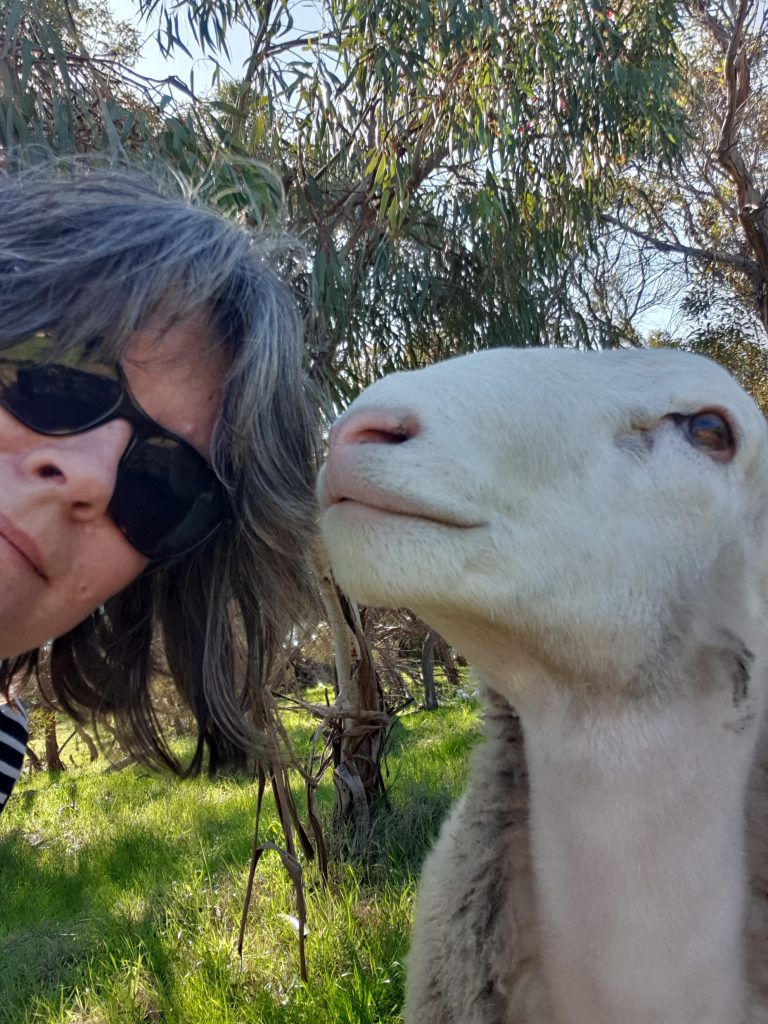
One the most surprising things to happen to her since making this lifestyle choice is winning the South Australian Rural Woman of the Year Award. It’s taken a long time for her to think of herself as a rural woman.
“I still pinch myself,” she says. “I think many people think women aren’t farmers and we just bake scones, or we clean house, or every now and then we might take lunch out and sit on a tractor. That stereotypical picture still exists.”
Thankfully, Robyn does it all. The next step for her is to become a not-for-profit so she can access grants and training with First Nations people. Considering the barriers that she’s already broken down, she’ll no doubt achieve those dreams and bake the scones too – if she chooses!
Hear more stories just like Robyn’s by subscribing to the Telling Our Story podcast on iTunes and follow podcast host Angie Asimus on Instagram for more updates.





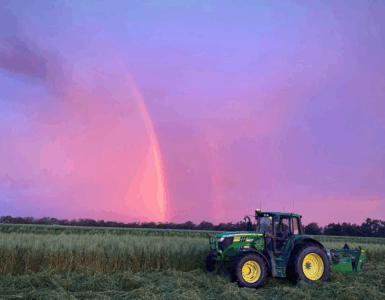
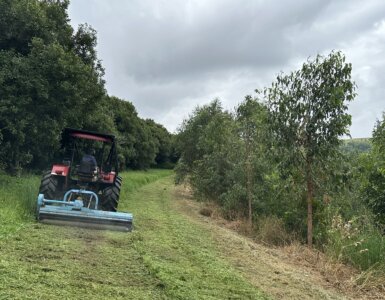
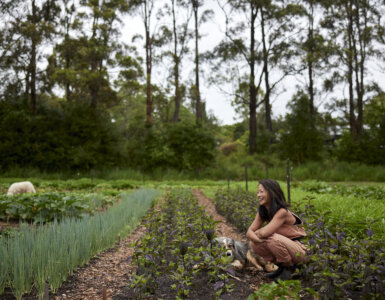









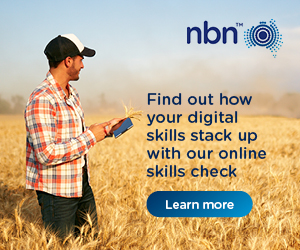





















Food security is important to fight hunger.